SUMMARY
This is AI generated summarization, which may have errors. For context, always refer to the full article.
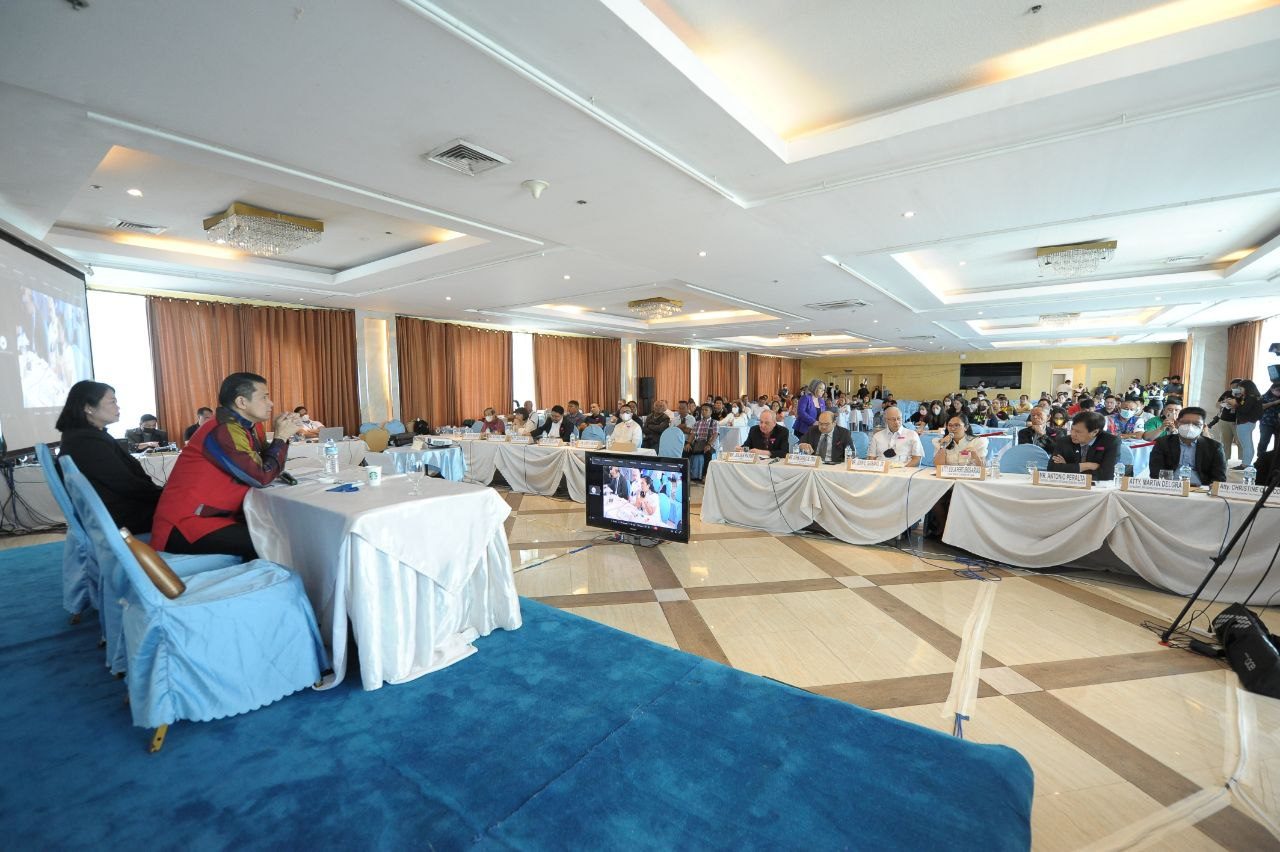
CAGAYAN DE ORO, Philippines – Senator Robinhood Padilla campaigned to end the nearly four-decade-old Constitution as he led a public hearing in Davao City on Thursday, March 2.
But several participants cautioned Padilla’s Senate committee against pursuing changes in the Charter by allowing Congress to turn itself into a constituent assembly (Con-Ass).
Early into the Davao public hearing called by the Senate Committee on Constitutional Amendments and Revision of Codes, Padilla declared his preference for the Con-Ass method to cut government expenses.
National Economic Development Authority (Neda) Undersecretary for legislative affairs Krystal Uy said a Con-Ass method would cost the government at least P30 million if a plebiscite is held simultaneously with national elections.
But a plebiscite under a constitutional convention (Con-Con) method, as proposed by the House of Representatives, would cost some P331 million if held simultaneously with national elections, Uy said.
Held separately from the elections, the cost would amount to billions of pesos.
Told about the comparative costs, the Con-Ass-favoring Padilla laughed and exclaimed, “It’s crystal clear!”
Under a Con-Con, delegates would be chosen by people in a separate election to draft a new constitution or make revisions.
Padilla’s counterpart in the Lower House, Cagayan de Oro 2nd District Representative Rufus Rodriguez, earlier told Rappler that he and other legislators were pushing for a “hybrid Con-Con.”
Rodriguez proposed to have at least 50 presidential appointees on top of 253 Con-Con delegates who would be elected in every congressional district in the country.
Padilla called for a change to the 1987 Constitution, arguing that after more than three decades, it has failed to significantly improve the lives of the majority of Filipinos.
He said constitutional restrictions on foreign investments were a major obstacle to economic growth.
Participants, however, warned against Padilla’s preferred Con-Ass method.
“We are rewriting the future of the country,” said economist and national scientist Raul Fabella as he cautioned Padilla against allowing members of Congress to tinker with the Constitution.
A proponent of Con-Con, Fabella said a Con-Ass would allow politicians with self-serving interests to rewrite the Constitution, while a Davao-based lawyer, Eula Pertubos-Arias, said a Con-Con would be the best way to make the changes.
Another warned against hasty attempts to rewrite the Constitution using a Con-Ass method, comparing it to using bubble gum to fix a flat tire on a dilapidated vehicle.

Meanwhile, Davao business leader John Gaisano Jr. cautioned against removing restrictions that protect the interests of the majority.
He said he would rather see a smaller economic growth because of 99% of Filipinos than a bigger growth propelled by a handful of companies.
Gaisano said the quality of leadership would ultimately determine the country’s success, regardless of the form of government.
He also said positive changes would depend on specific constitutional amendments, but in the end, the country’s future would hinge on the abilities and actions of its leaders.
Canadian Julian Payne, who represented seven foreign chambers of commerce in the country, told the public hearing that the economic provisions in the Constitution should be removed entirely.
Payne suggested that these provisions be reset in laws approved by Congress, stating that this would be the optimal solution, and make Philippine laws flexible.
Padilla said there was a need for huge investments to harness the country’s natural resources and skilled workers, which are currently limited by the Constitution.
He said the country has been lagging in terms of foreign direct investments (FDI) and cited figures from the Bangko Sentral ng Pilipinas showing a 25% drop in such investments from 2018 to 2020.
As the country recovers from the COVID-19 pandemic, new “drivers of growth” were needed, including opening the economy to FDI.
“Easing the Charter’s economic provisions is the only solution I see to attract direct foreign investments,” Padilla said. “There is a basis for seeking such amendments; this is not political grandstanding. This is addressing a real need of our country by amending our Constitution’s economic provisions.”
Padilla said his committee’s public hearings aimed to benefit ordinary Filipinos, and make sure that the Constitution’s economic provisions benefit them and not just 20% of the population.
“We are moving to prioritize amending our economic provisions because this will help address the most pressing needs such as joblessness, hunger, and poverty,” he said. – Rappler.com
Add a comment
How does this make you feel?
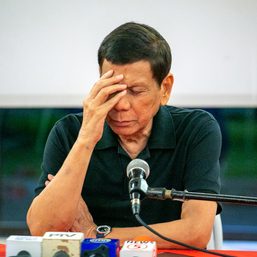

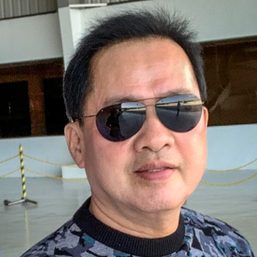
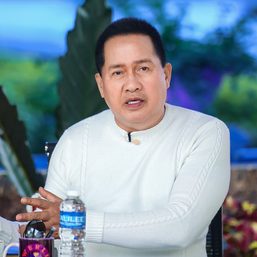
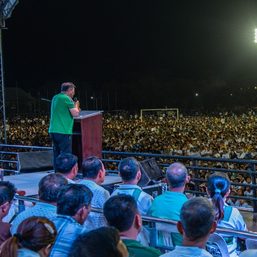
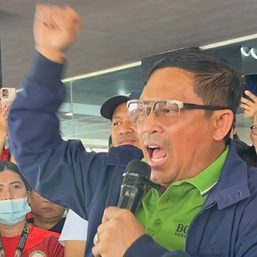
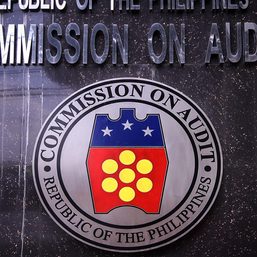
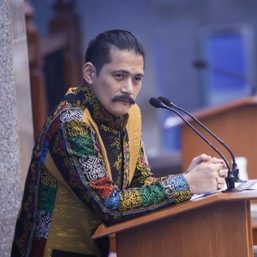
![[Vantage Point] Beware of false prophets: A cautionary examination](https://www.rappler.com/tachyon/2024/03/tl-false-prophet.jpg?resize=257%2C257&crop=272px%2C0px%2C720px%2C720px)
![[EDITORIAL] Kalaban mo ang mga senador na protektor ni Quiboloy](https://www.rappler.com/tachyon/2024/03/animated-quiboloy-kojc-senate-carousel.jpg?resize=257%2C257&crop=365px%2C0px%2C720px%2C720px)
![[Bodymind] The absurdity of Robin Padilla](https://www.rappler.com/tachyon/2024/03/robin-padilla-quiboloy-mar-9-2024.jpg?resize=257%2C257&crop=267px%2C0px%2C720px%2C720px)
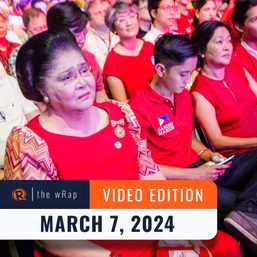

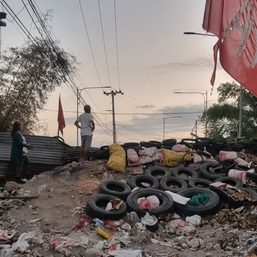
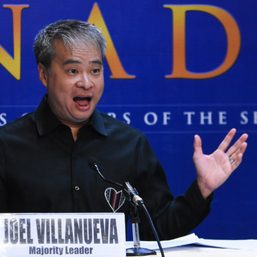
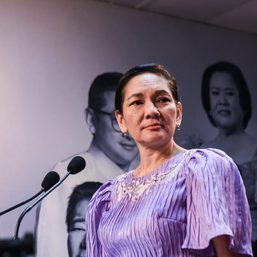
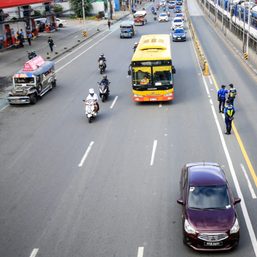
There are no comments yet. Add your comment to start the conversation.